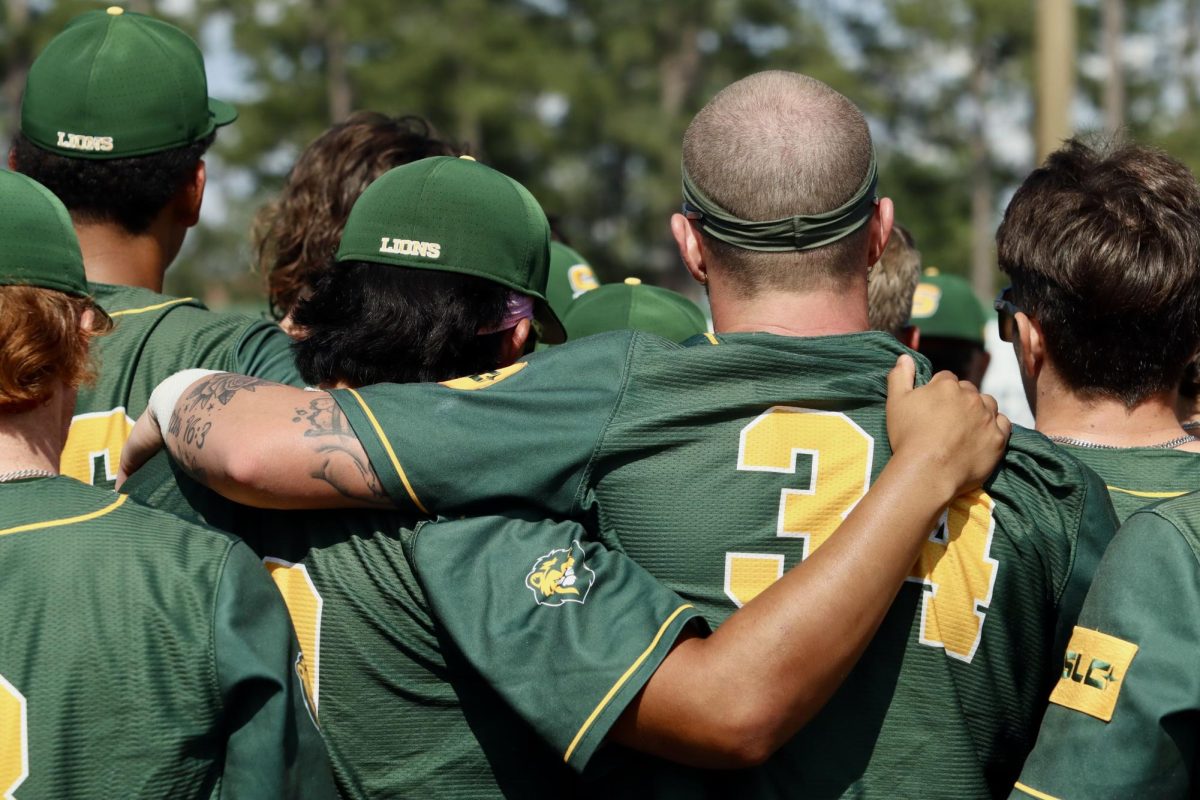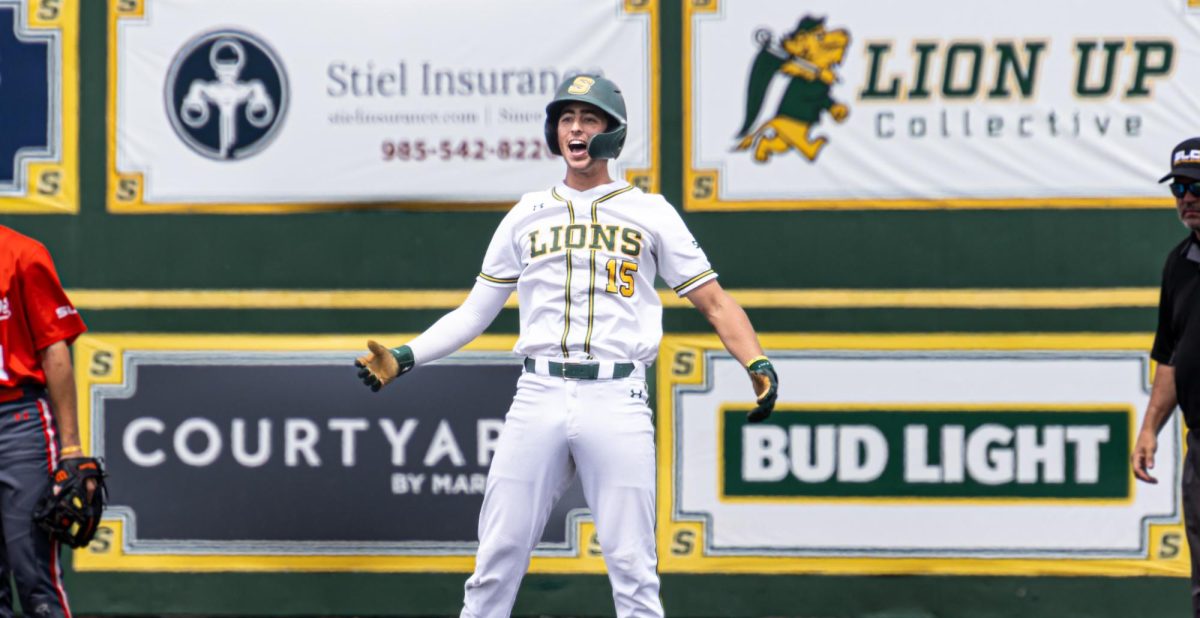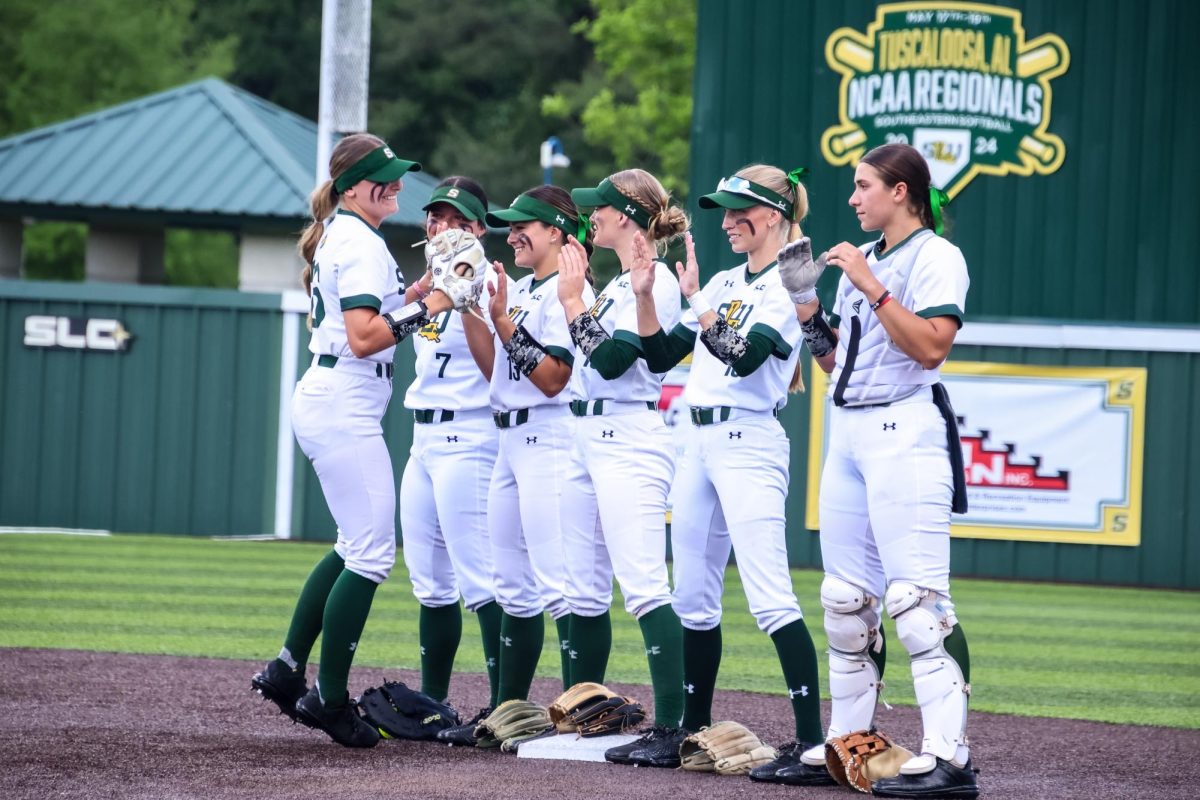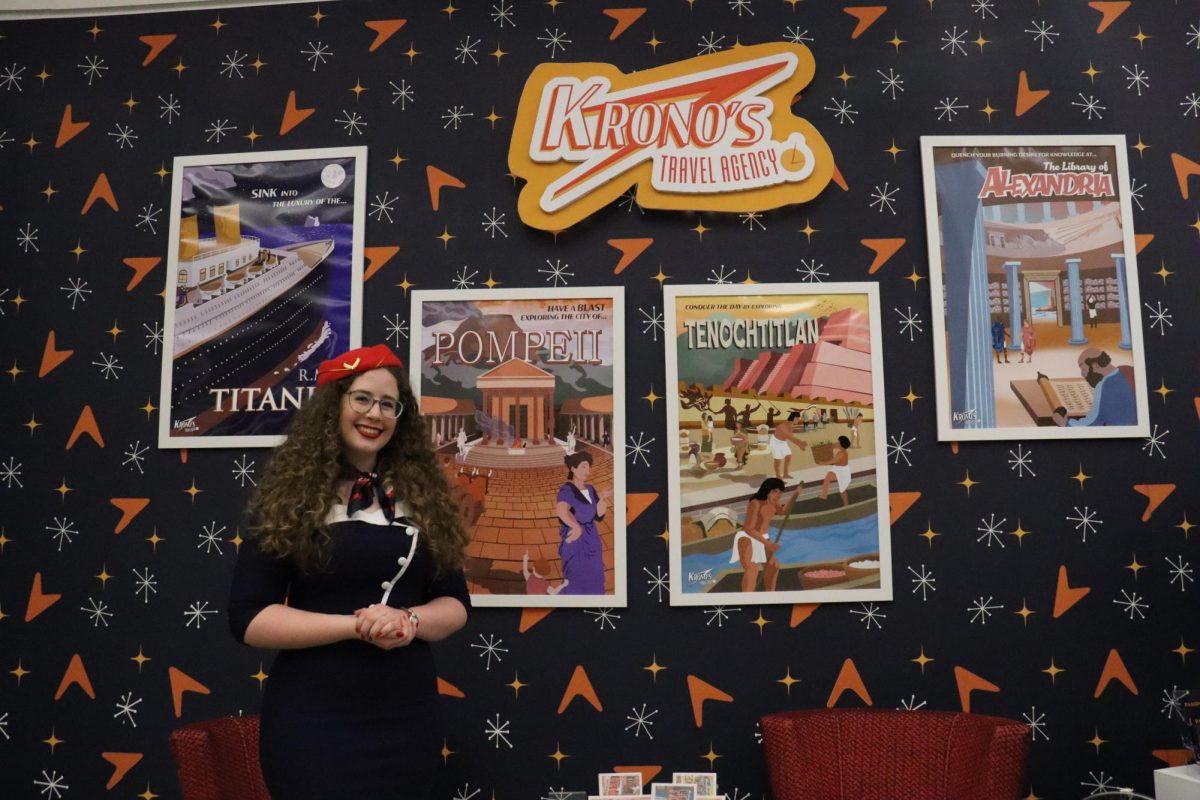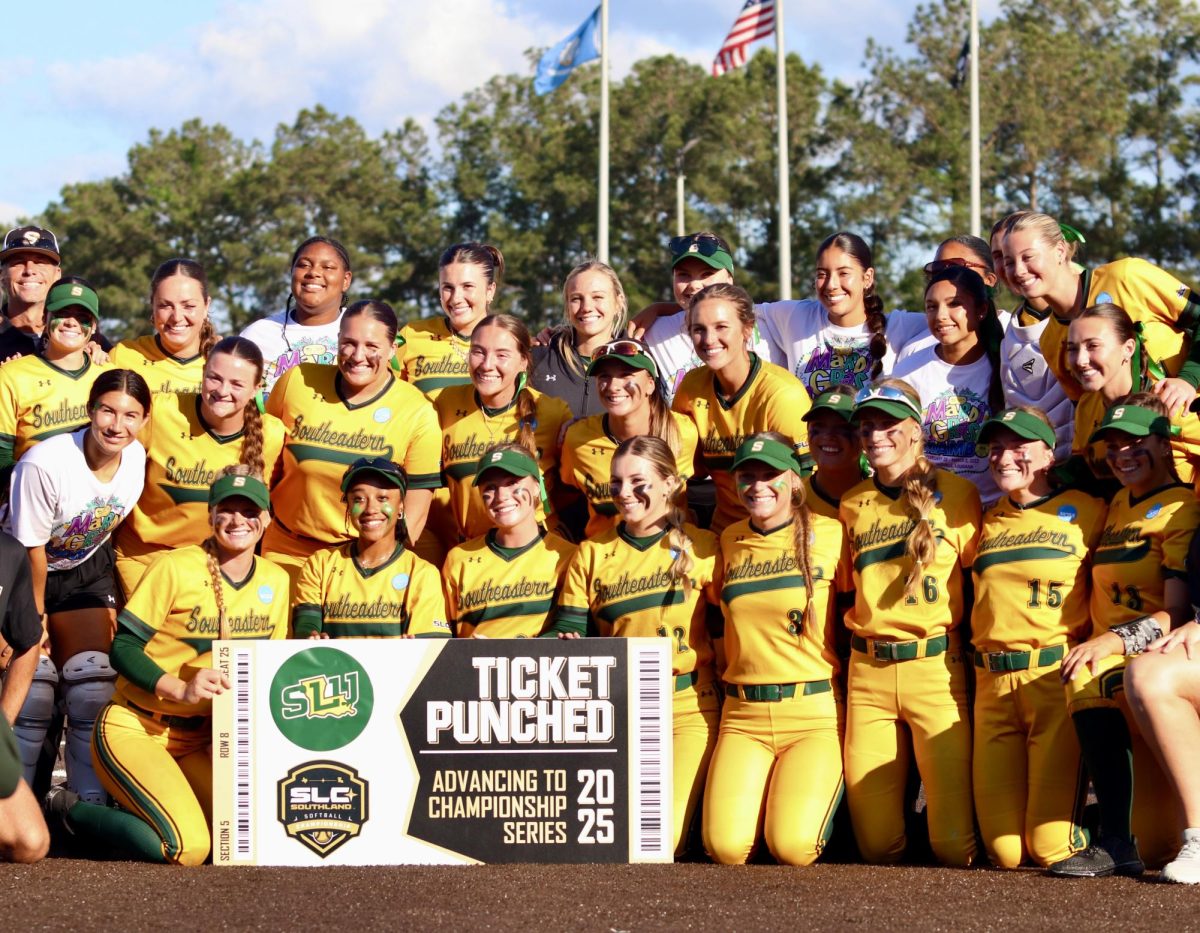
The Southeastern Channel broadcasted a documentary about local stroke victim Benny Latino and his journey to regaining his speech.
The 10-minute documentary “To Speak Again” produced, written and directed by Amanda Triay aired Saturday, April 21 at 8 p.m. on the channel’s website.
The idea to film the documentary came from Instructor and Clinical Supervisor Roxanne Stoehr.
“It really started with a goal for Mr. Benny to be able to tell his story,” said Stoehr. “So, that was actually one of his semester goals. Well, actually for several semesters.”
Stoehr explained that while attending a convention in Chicago, she considered how Latino’s experience could be shared.
“I went to a museum, and they were interviewing people for the National Public Radio StoryCorps,” said Stoehr. “I was at the museum with a colleague when I was like, ‘Mr. Benny should do this,’ and I thought about the Southeastern Channel. We could help Mr. Benny be able to tell his story right here at Southeastern.”
Latino’s journey began in 2012 during a Sunday going to church and grabbing a cup of coffee at the Hi-Ho Barbeque restaurant where he suddenly had a stroke.
The stroke put Latino in a coma for two and a half days with increased blood pressure. While in the coma, Latino’s family was told by doctors that giving him an injection to reverse symptoms could be fatal, which meant Latino would have to learn to function all over again.
Associate Professor of Health and Human Sciences Meghan Savage explained that Latino was suffering from aphasia.
“Aphasia is a language disorder that happens after a stroke and that affects your ability to read, to write, to understand spoken language and to talk,” said Savage.
In the documentary, Latino explained that after losing his ability to speak, he spent the next two months at North Oaks Medical Center learning to speak until his insurance ran out.
“They were working on my words,” said Latino. “I got a little better, just a little better, just a little better, and then when the insurance just stopped completely, I went to Southeastern.”
After Latino was recommended to the university by North Oaks Speech Pathologist Robin Musfeldt, Latino joined the university’s aphasia group for the next eight semesters learning how to regain his speech.
Savage explained how Latino’s positive attitude helped him in making his recovery.
“He has made a really miraculous, recovery from not being able to talk to being able to communicate now,” said Savage. “He’ll tell you that he decided he just didn’t want to live like that. So, he’s worked really hard over the years to work on recovering his communication abilities. He’s got the best attitude out of anybody I’ve ever known. His motto is always, ‘Never give up, never give up.’”
General Manager of the Southeastern Channel Rick Settoon shared his opinion on Triay’s work on the documentary.
“I knew that she could go knock it out and she would do a great job with it,” said Settoon. “I knew she had the talent to research the story thoroughly.”
Savage shared how the documentary will inspire viewers.
“I think they’ll be inspired by his story of recovery and sharing his inspirational message with other people that have been in similar situations,” said Savage.
The documentary has won many awards such as the first place “Mark of Excellence” for “Television In-Depth Reporting” out of all colleges in Louisiana, Mississippi, Arkansas and Tennessee at the Society of Professional Journalists’ Region 12 conference in Little Rock, Arkansas. It also won first place for “Best Documentary” at the Associated Press Louisiana-Mississippi College Broadcasters Awards in New Orleans.


